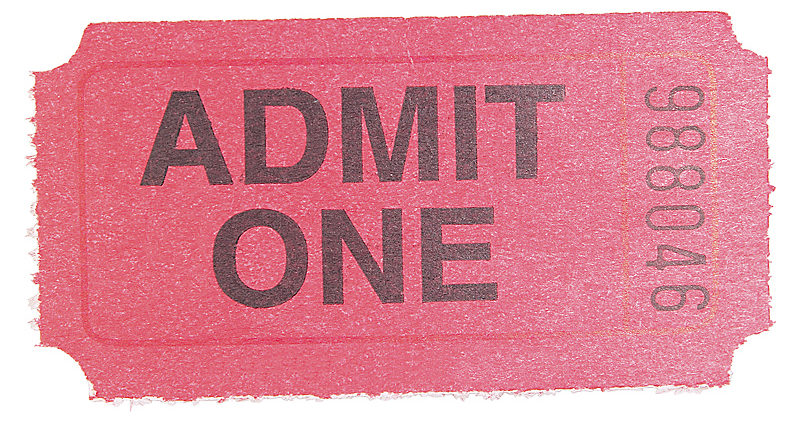Getting Past Default Judgments and Defending Yourself from Debt
What is a default judgment and what should you do if a debt collector gets one against you? This video begins to answer those questions.
When a debt collector brings a suit, and a process server hands it to you or a “responsible” member of your household, you have been served and must take actions to defend yourself in court. If you don’t respond appropriately (by answer or motion to dismiss, for example – NOT by sending a request for verification!!), the debt collector will probably get a default judgment.
Most debt cases – perhaps as many as 80% – end in default judgments. Many people who ignore the suit then think the debt case had just, somehow, “gone away” are surprised to learn that the debt collector got a judgment and is now looking to garnish wages. And the way you find that out is not at all pleasant, because it generally happens after the debt collector has found where you work or bank and seized assets or started garnishing your wages. This massively disrupts most debtors’ budgets and puts them way behind.
It does happen, all too often, that defendants are NOT served, but the process server says they were. Then, the way these people find out they’ve been sued is that they get a notice of garnishment (somebody taking their bank account or part of their wages).
They Got a Default Judgment, Now What?
Regardless of how it came about, the first step in stopping the garnishment and fighting the debt lawsuit is to get the judgment against you vacated. And in order to do this, you must file a “Motion to Vacate.”
This video talks about that process and how you would go about vacating the judgment against you, stopping the garnishment (or not, if you’ve learned of the judgment in some other way).
This is a companion to the video, “Procedure for Moving to Vacate Default Judgments.” This video explains why you should try to vacate (remove) a default judgment against you and generally how to go about doing it. The second video goes into a little more detail on that and tells you specifically what documents you will need to file and what they should contain. If you have defaulted on a debt suit and want to try to reopen it (to prevent collection), check out our product: Motion to Vacate Pack.
For much more help, you should consider joining. You can find out about that by clicking here or on “About Membership” in the menu above. If you know what you want, just click here.





